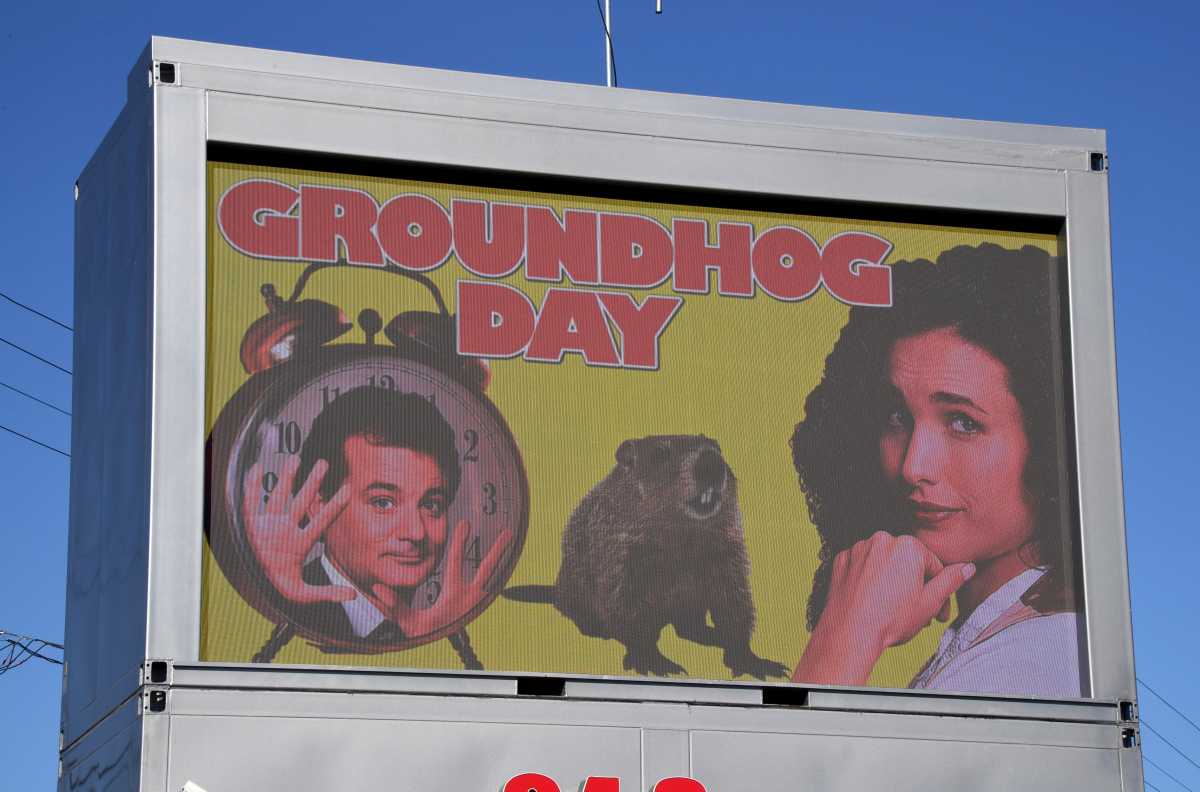Entertainment
Groundhog Day: The Origin and Evolution of Time Loop Stories

Groundhog Day, a beloved film from 1993 starring Bill Murray, has become synonymous with the concept of time loops. However, many people might be surprised to learn that time loop stories predate this iconic movie. It is essential to acknowledge that one person’s discovery of an idea does not equate to its invention.
Time loop stories typically involve a character reliving a portion of their life, often a day, repeatedly. The character’s challenge is usually to escape the time loop and resume their normal life. Examples of this narrative structure can be found in various forms of entertainment, such as movies, TV shows, and even video games.
In recent years, a Hallmark movie called [Hallmark movie title] presented a time loop story within the context of Hanukkah. Additionally, the film Palm Springs with Andy Samberg and Cristin Milioti, the Happy Death Day movies, and the Netflix series [Netflix series title] all explored the concept of time loops. Video games like The Last of Us also incorporate similar looping mechanics as players attempt to progress by correcting mistakes.
Although time loops are frequently associated with Groundhog Day, the idea didn’t originate from this film. In fact, examples of time loops can be traced back to a Russian novel from 1915 and a 1973 short story called ’12:01 P.M.’ by Richard A. Lupoff. Even Star Trek: The Next Generation aired an episode titled ‘Cause and Effect‘ in 1992, just a year before Groundhog Day’s release, featuring the crew stuck in a time loop.
Language often adopts convenient shorthand terms like ‘the Groundhog Day loop’ to refer to a familiar concept. However, it is important not to overlook the natural evolution of ideas and mistakenly credit the invention of an idea to a specific implementation. The concept of the time loop can be seen as part of folk culture, outside the realm of copyright and “rip-off” analysis.
Moreover, it is vital to remember that an idea’s discovery by one person does not mean they invented it. Anecdotes like being a guest on a podcast where the accused party was using the format years earlier before the accuser’s claimed original podcast sheds light on this matter. Often, people tend to associate concepts with what they’re familiar with, assuming it must be stolen from there.
In a similar vein, recipe comments occasionally accuse authors of stealing ideas, pointing out similarities to other published recipes. However, it is crucial to differentiate between coincidentally similar recipes and actual intellectual property infringement.












